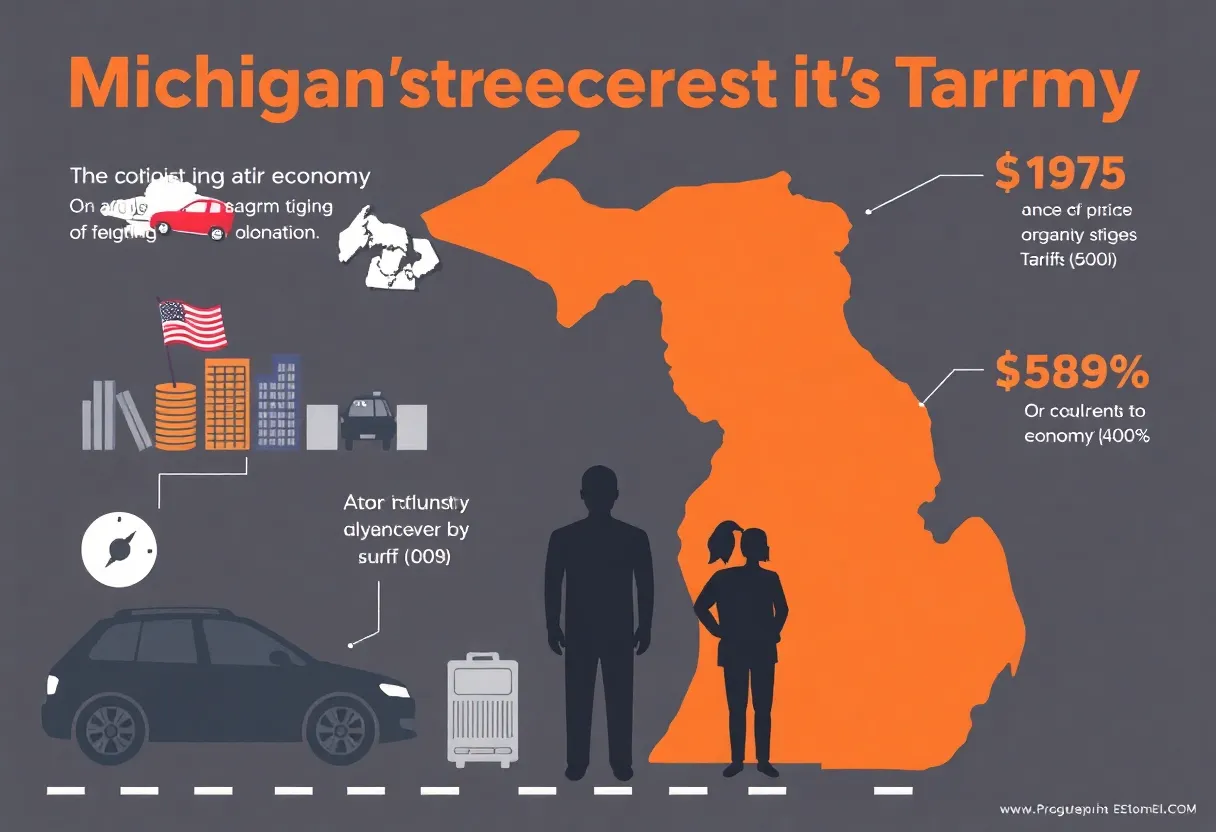News Summary
The North Carolina Department of Health and Human Services has announced an $11 million funding initiative to enhance community-based diversion and reentry programs for individuals impacted by the justice system. Launched on February 7, this funding addresses critical challenges faced by recently incarcerated individuals, particularly in rural areas, and aims to improve access to vital resources such as housing, transportation, and mental health support. The initiative is part of a broader plan to bolster behavioral health across the state and reduce recidivism rates.
North Carolina Takes Big Steps with $11 Million for Community Support Programs
In a bid to help individuals touched by the justice system, the North Carolina Department of Health and Human Services (NCDHHS) recently announced a whopping $11 million in funding for community-based diversion and reentry programs. This funding, unveiled on February 7, is part of a broader plan designed to support those who need it most as they transition back into everyday life.
Why This Funding Matters
For many people involved in the justice system, reintegrating into society is no easy feat. In fact, someone who has been incarcerated often faces challenges like securing adequate housing, getting the right transportation, and accessing necessary mental health and substance use treatment. Sadly, the situation is even tougher for individuals residing in rural areas of North Carolina, where resources can be scarce and services seem out of reach.
Did you know that out of North Carolina’s 100 counties, more than 80 of them are classified as rural? This poses a unique problem since most of the state’s prison facilities are located in these less populated areas. Such settings complicate the chances of accessing crucial resources needed for a smooth reintegration.
Understanding the Challenges
North Carolina has 23 local reentry councils that aim to ease this transition. These councils provide a wide array of support, focusing on essential areas like housing, employment, and treatment options. Unfortunately, statistics reveal a stark reality. Approximately 50% of previously incarcerated individuals are rearrested within three years, and one-third of those released end up facing rearrest within a short period.
The first two weeks post-incarceration are particularly critical. Those freshly released are a staggering 40 times more likely to die from an opioid overdose than the general population. This highlights the pressing need for adequate mental health and substance use support, which are often lacking.
Exciting Developments in Reentry Programs
Organizations like Koinonia Community Solutions have jumped into action recently by launching a reentry program that has already enrolled 24 clients within a month of accepting referrals. They provide essential services ranging from food and housing assistance to job skills and vocational training. Such initiatives are crucial, especially when participants are often sent back to their counties of conviction, which may lack tailored resources for specific needs, such as rehabilitation for sex offenders.
A Broader Vision for Behavioral Health
This funding initiative is part of a more extensive allocation of $835 million aimed at enhancing behavioral health across North Carolina, with $99 million earmarked just for support related to the justice system. That’s a significant investment in the future of countless individuals attempting to turn their lives around.
Facing Barriers and Narrowing Opportunities
Trillium Health Resources recently organized hands-on reentry simulations to illustrate the myriad barriers individuals face when recently released. Navigating essential services can feel like an uphill battle, a truth that many have come to know all too well.
Meanwhile, each year about two-thirds of the 30,000 individuals incarcerated in North Carolina are released, contributing to a steady prison population and inflated recidivism rates. Programs like Our Journey work hard to provide resource kits that help with navigating post-release challenges – from emotional support to help in securing necessary documentation.
Women’s Challenges in Reentry
One area that still needs significant attention is the reentry process for women. North Carolina is currently witnessing a gap in programs designed to meet women’s unique needs, especially concerning trauma-informed care and family housing. Organizations like Changed Choices have established group homes for women exiting the prison system, but they can only cater to a limited number of residents at any given time.
Creating Employment Opportunities
Finding work after incarceration is another daunting task. Barriers exist that make it exceedingly difficult for ex-offenders to secure housing and jobs due to their criminal records. Recent executive orders in the state are trying to ease this burden by limiting discrimination against ex-offenders during the state job application process.
In conclusion, as North Carolina steps up with a hefty $11 million funding boost towards community-based diversion and reentry programs, there’s hope that many lives can be transformed for the better. With the right support systems in place, the journey back to everyday life doesn’t have to feel impossible.
Deeper Dive: News & Info About This Topic
HERE Resources
Celebrating the Achievements of WIOA Youth Program Participants
Law Firms Embrace AI for Enhanced Case Management
Additional Resources
- The Daily Tar Heel: City Post-Incarceration Support
- Wikipedia: Reentry Into Society
- Bladen Online: Trillium Launches Reentry Simulation
- Google Search: Reentry Programs North Carolina
- MyFox8: Winston-Salem Project Helping Former Inmates Adjust to Life After Prison
- Encyclopedia Britannica: Criminal Justice
- The Assembly: Alberta White’s Last Chance for Formerly Incarcerated Women
- Google News: North Carolina Reentry Programs






